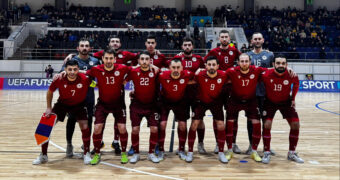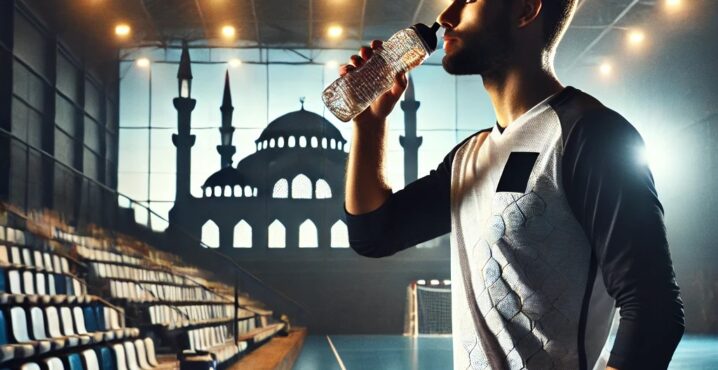Estimated reading time:2 minutes, 18 seconds
Authors: César Méndez, Bruno Gonçalves, Joao Santos, J. N. Ribeiro and Bruno Travassos
1Physical Activity and Sport Sciences, Technical University of Madrid, Madrid, Spain
2CIDESD, Research Center in Sports Sciences, Health Sciences and Human Development, Department of Sport Sciences, University of Trás-os Montes e Alto Douro, Vila Real, Portugal
3CIDESD, Research Center in Sports Sciences, Health Sciences and Human Development, Department of Sport Sciences, University of Beira Interior, Covilhã, Portugal
This study aimed to (i) explore the discriminatory power of the task-related variables and the context in establishing differences in the elite futsal leagues of Portugal, Spain, and Russia and (ii) understand how these variables vary according to the match outcome. Methodological issues concerning efficiency (goals and shots), offensive organisation (positional attack, counterattack, set pieces, or 5vs4+Goalkeeper), 1st goal scored during matches (home or away team), match type (balanced or unbalanced), and match outcome (winner, loser, or drawer) were discussed. Archival data were obtained from the 2017–2018 season of Portuguese, Spanish, and Russian professional futsal leagues for all play-off matches. Crosstabs analysis was conducted to establish the significance relationship between the elite futsal leagues and the situational variables. Afterward, discriminant analysis was used to identify the task-related variables that maximise mean differences between different league teams for defining offensive profile, and the variations found when the condition of the winner, loser, or drawer is taken into account. The results allowed to understand that the Portuguese and Russian teams used the positional attacks more, and less the counterattacks and set pieces than the Spaniards, who present a more balanced offensive profile. Overall, winners were better discriminated by goals scored, whereas 5vs4+Goalkeeper strategy discriminated loser teams. Coaches should be aware of these different offensive profiles in order to increase control over the match planning and decrease predictability against opposing teams.
If you like the information provided, you can read more Futsal research by going to the top navigation bar or click here
If you like this article and would like to keep updated on Futsal news, developments etc then please submit your email below in the Newsletter section or by clicking on the Subscribe to Futsal Focus option on the header.
Follow Futsal Focus by clicking on Facebook, Twitter or Instagram or on the social media buttons on the right sidebar.
















![Validate my RSS feed [Valid RSS]](https://www.futsalfocus.net/wp-content/uploads/2020/01/valid-rss-rogers.png)




